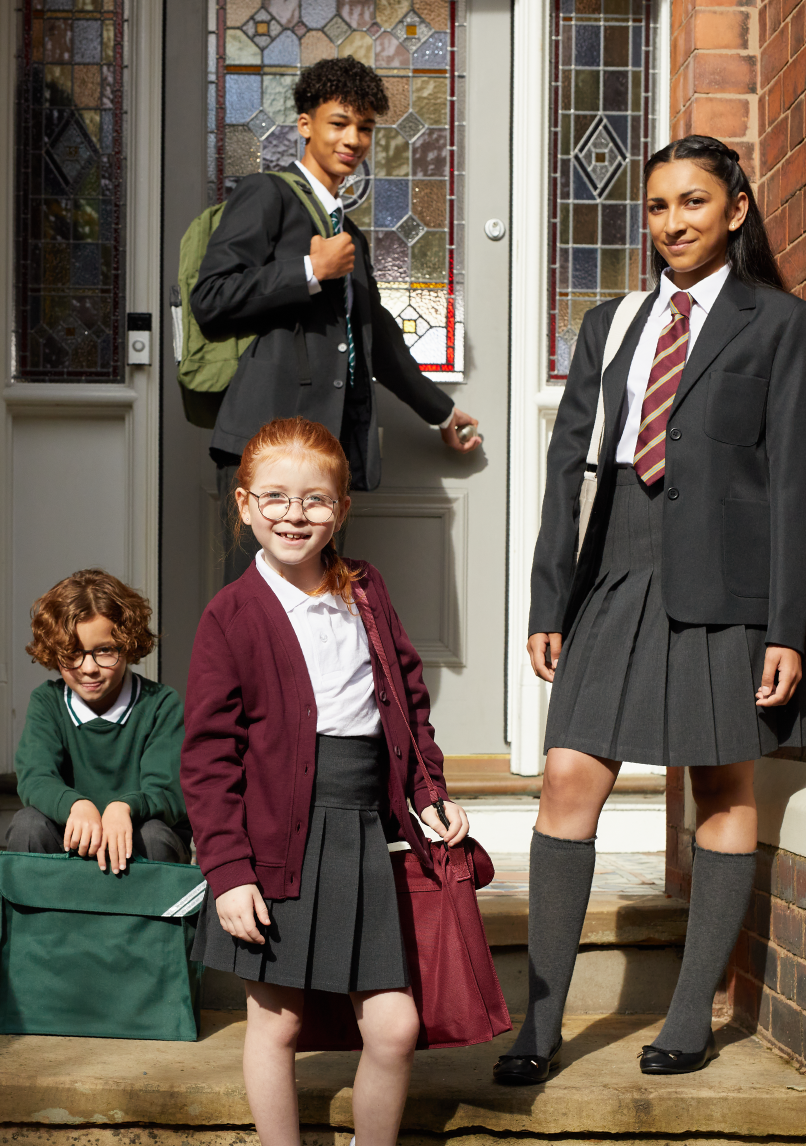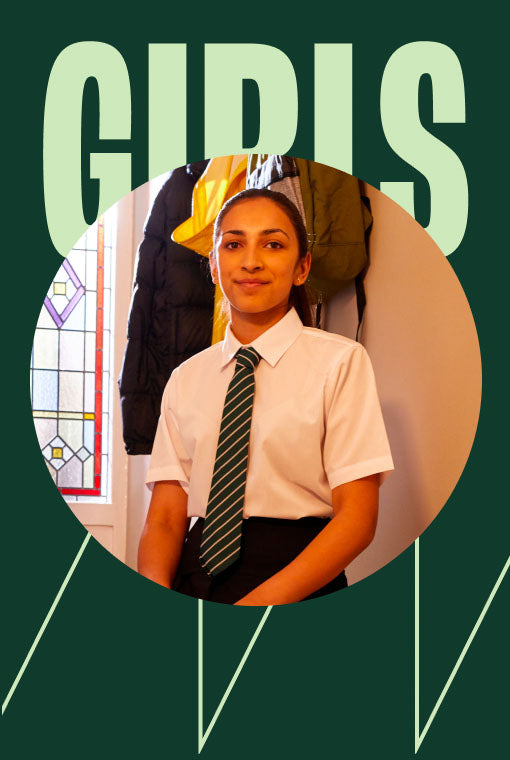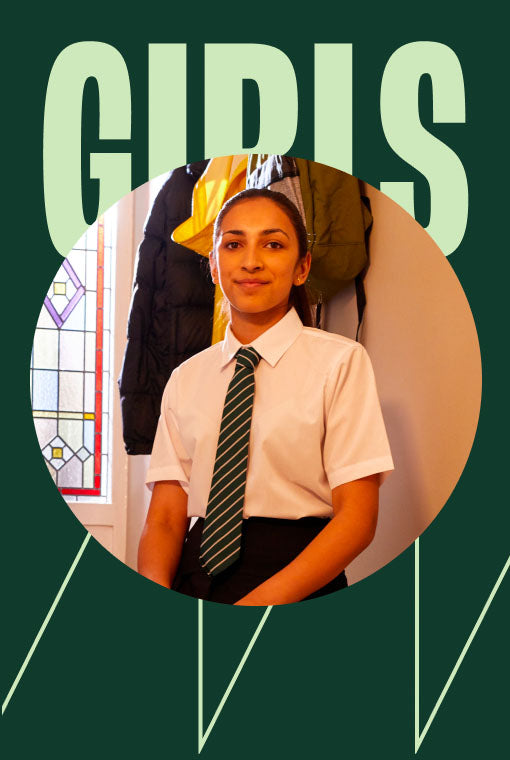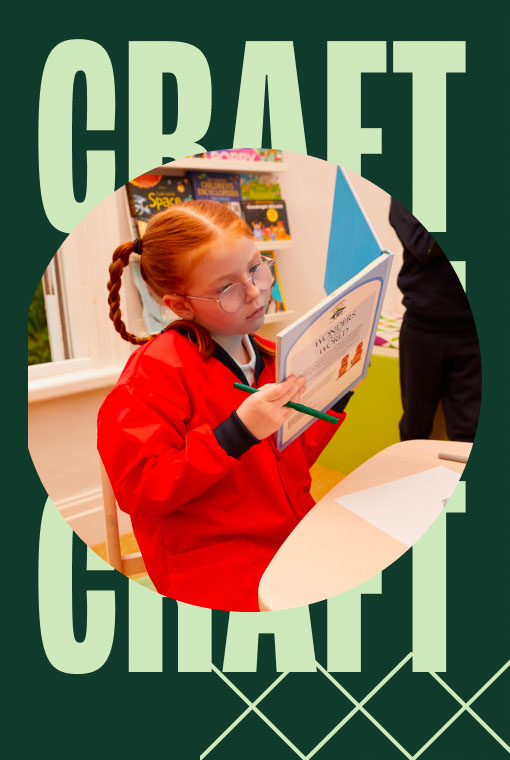Anxiety in Children
Anxiety in children is a worrying trend that has no doubt been exacerbated by the events of 2020. We asked our Resident Anxiety Coach Sarie Taylor to share 3 things we should consider when our kids are feeling anxious.
Parenting is not always easy, second guessing, blaming and criticising ourselves. And yet we are doing a fantastic job particularly for something we never get training for, we just don’t always see it. We hate to see our children suffer or struggle in any way, and we have an instinctive urge to protect them at all costs.
Anxiety is one of these situations where we want to take it away from them. Unfortunately we can’t, it’s part of being human. If we were to take away their feelings of anxiety and fear, we could only do this by taking away their feelings of joy and excitement too. They all come from the same place, our ability to think.
Below are three of the most common fears or misconceptions that parents can experience when their child is anxious.
We need to fix them but what if we make them worse?
We really cannot fix anxiety in children. Our only role and way in which we can support, is to listen, be alongside and resist temptation to problem solve for them. If a child is feeling anxious they have lost sight of their resilience and capability and are worrying about the future. What they need at this time is understanding, love and compassion, rather than solutions. Solutions may reaffirm their current belief that they are not capable, and that they need to be fixed by others, when this is not the case. They need to come out of the cycle of fear and habitual overthinking. This will only happen when they have their own insights, with us alongside just for reassurance.
The only thing that can make anxiety in children worse, is their own thinking. They will perceive and make sense of anything you say or do in their own way. We cannot change or control that, therefore we cannot make it worse. I say this because a lot of parents worry about putting boundaries and structure in place when their child is anxious for fear of making them worse. In actual fact boundaries and structure could be really helpful for their reassurance.
I am really worried about the way they are behaving and have no idea how to manage it.
Often as parents we can fixate on a certain range of behaviour, from shouting, hitting out, to a twitch, biting nails or pulling hair out. These types of behaviour for us as parents represent the stress and the problem so we focus on how we stop it or get rid of them. We are focusing on the wrong aspect. It all starts with the thoughts. These then create a feeling which the child may feel is uncomfortable, even unbearable at times, and so they create a habit that momentarily makes them feel better, that’s the behaviour.
This may become so habitual that they do not even realise they are doing it. Rather than keep highlighting the behaviour and asking why, explore with them the idea that thoughts create feelings and that this behaviour is a side effect of this. Once they start to see and understand this, the behaviour just changes as a result. If we focus solely on the behaviour and the child doesn’t understand that it comes from thought, they will possibly get more frustrated, have more anxious thinking about it and the cycle continues.
I do listen and it just doesn’t help.
I hate to be the bearer of bad news, we try our best to listen but as parents we are not always that great at it, especially when we are also scared. You are only listening to your child if you are open to hearing something new from them. You will know if you are not listening because whilst they are telling you something you are already coming up with the next solution that you will put to them when they finish. We need to listen to them as though we do not know anything about them. Imagine it’s the first time they are telling you this stuff, as it may in fact be the first time you have properly listened.
Sarie Taylor is The Perfectly Imperfect Mind Mentor and is a qualified psychotherapist, specialist anxiety coach and founder of Sarie Taylor Coaching https://www.sarietaylor.com.
Check out Sarie’s other helpful blog posts
here.








